Seven ways to save Africa’s rhinos
The clock is ticking. If we don’t get on board and stop the rhino poaching crisis these horned mammals could well become extinct by 2026. We have little more than a decade to make the necessary changes so whether you’re heading off on safari or want to give your support to rhinos from your sofa, here are seven ways to make a difference.
1. Book an adventure on the continent: You don’t need to be a volunteer to make a difference. Every traveller who pays park fees in Africa is contributing to ongoing conservation projects. Your tourist dollars will help to fund the basics like fuel and field equipment and pay for more rangers.
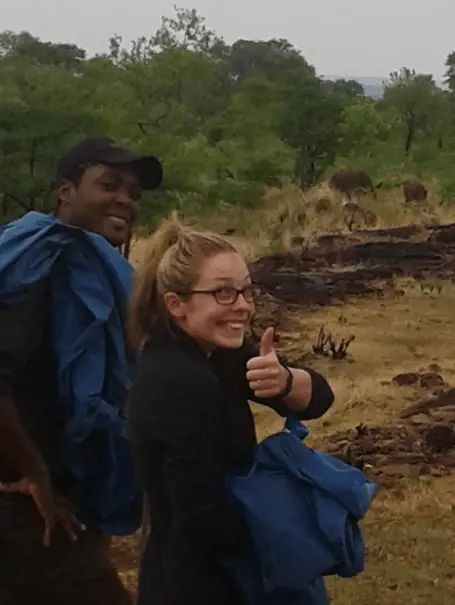
2. Consider the destinations you are travelling to: In 2014 over 1,000 rhinos were poached in South Africa – over 670 meeting their untimely death in the Kruger. Choose your safari destination carefully and help distribute your dollars where they’re needed most.
3. Can I make a difference online?: Yes. There have been numerous online campaigns and while the demand for rhino horn comes mainly from Asian countries, social networking sites give us a great opportunity to change attitudes across the globe. Get involved, be part of the force for change and don’t be discouraged by the statistics. In Africa and online we can all play a part in the war on poaching.
4. Conservation costs: Saving rhinos doesn’t come cheap. Putting boots on the ground, paying for communications equipment and technology and funding anti-poaching training is expensive. There are countless celebrities who have got on board with the cause, from David Beckham to Leanardo DiCaprio, but we don’t have to be on the A list. Remember – small donations make great projects and every dollar counts.
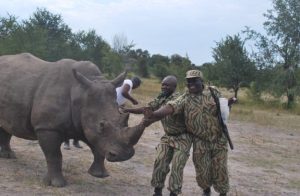
5. Turn off your GPS settings: Wildlife crime is the fourth largest illegal activity in the world after drug trafficking, counterfeiting & human trafficking. Saving rhinos means being smart on safari, so turn off geo-tagging. Remember we are dealing with sophisticated organisations and rhino horn is worth more than gold. Poachers have tuned into technology and as travellers we don’t want to unwillingly hand out co-ordinates.
6. Share your experience: If you’ve visited a project where you feel positive changes are being made, shout about it online. Your recommendations and reviews might pique someone’s interest and encourage them to lend a hand. Good endeavours deserve a voice and your first hand experience could get the organisation on their list.
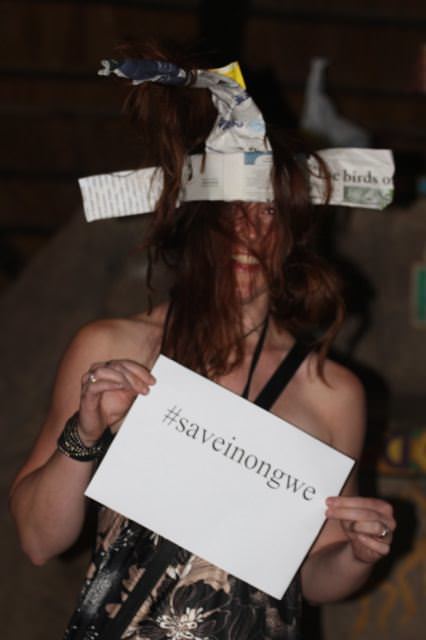
7. Do it for rhinos: Every year, Acacia Africa makes a donation to Save the Rhino International. Car washes, cake bakes, bad hair days and pub quiz profits all make the list. If rhinos are at the top of yours, make it happen.
Acacia Africa’s recent #SaveInongwe campaign was dedicated to saving rhinos. Watch this YouTube video for a recap. Rhino supporters can still sign up for the Africa specialist’s Bad Hair Day Challenge. Supporters should upload their bad hair day selfie to either Facebook or Twitter, add the #SaveInongwe hashtag and nominate or donate to their favourite rhino charity.
The #SaveInongwe campaign takes its name from a white rhino residing in Zambia’s Mosi-Oa-Tunya National Park. A conservation success story, no rhinos have been poached in the park since 2007 and the rhinos are under 24-hour armed guard.
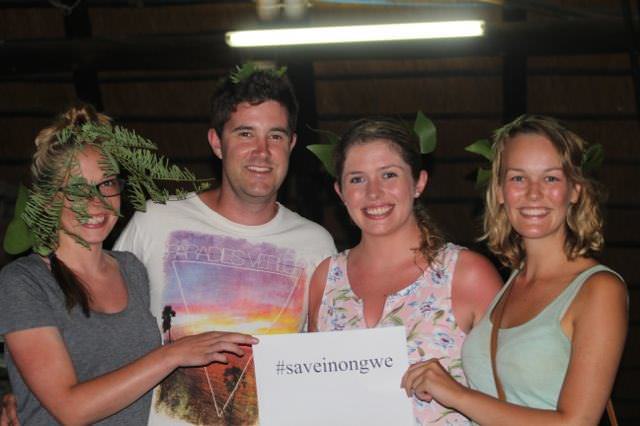
More good news just in, Inongwe gave birth to her second calf in January. Many of Acacia Africa‘s camping overland expeditions pass through Livingstone where travellers will have the opportunity to meet the tour operator’s mascot and her latest addition on an optional walking safari.

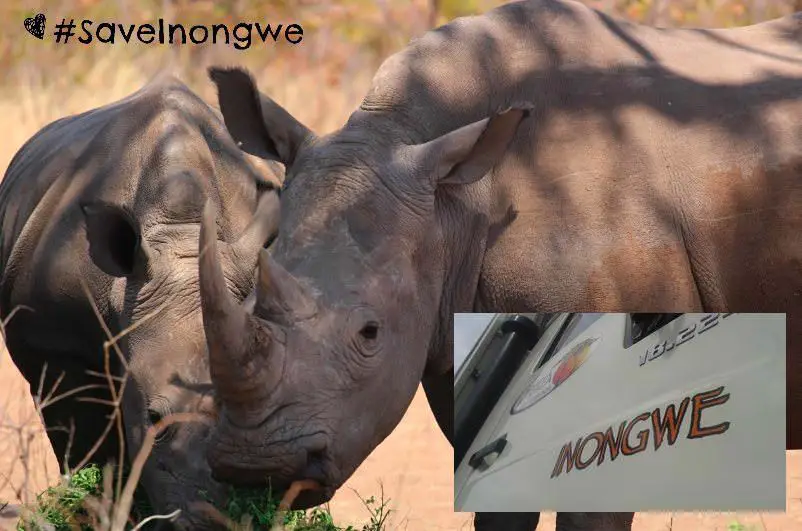
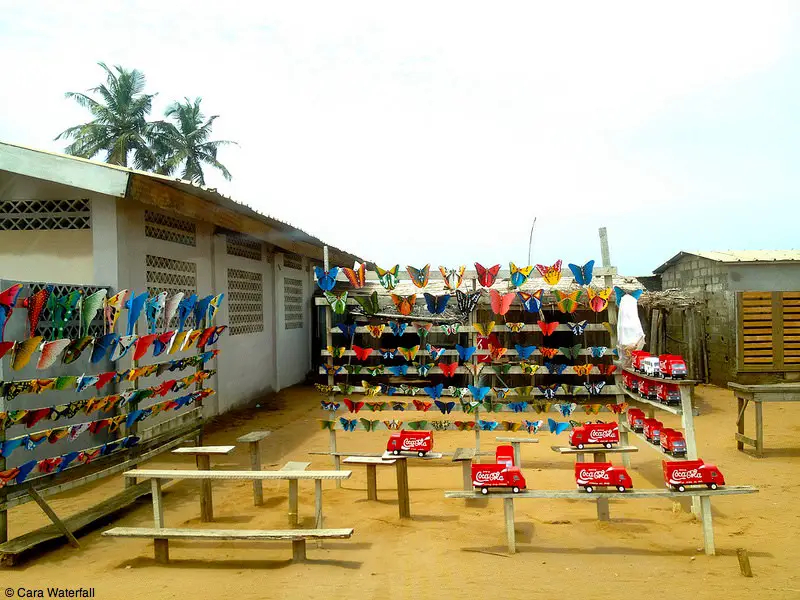
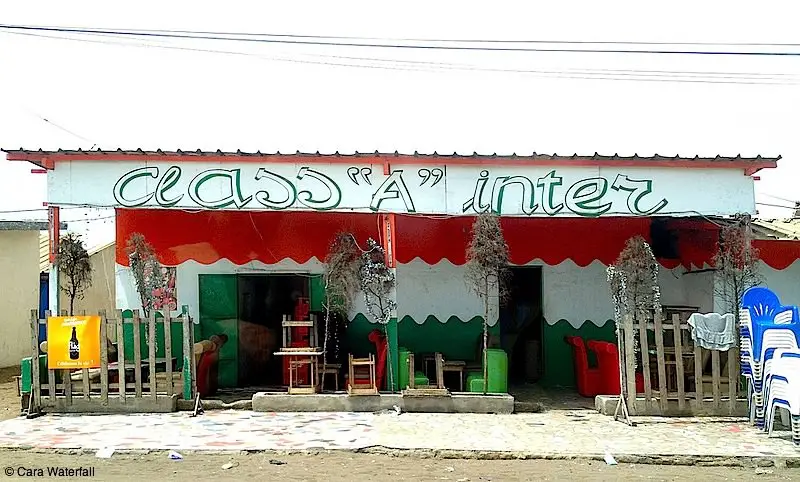
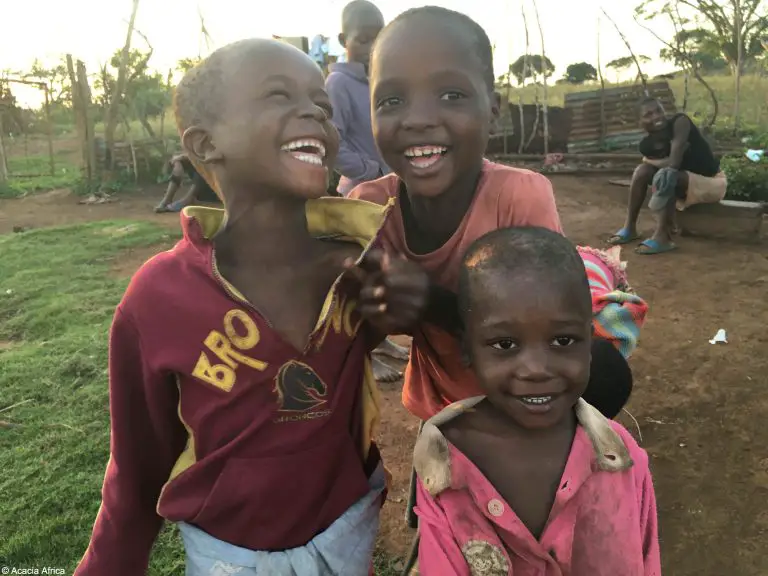
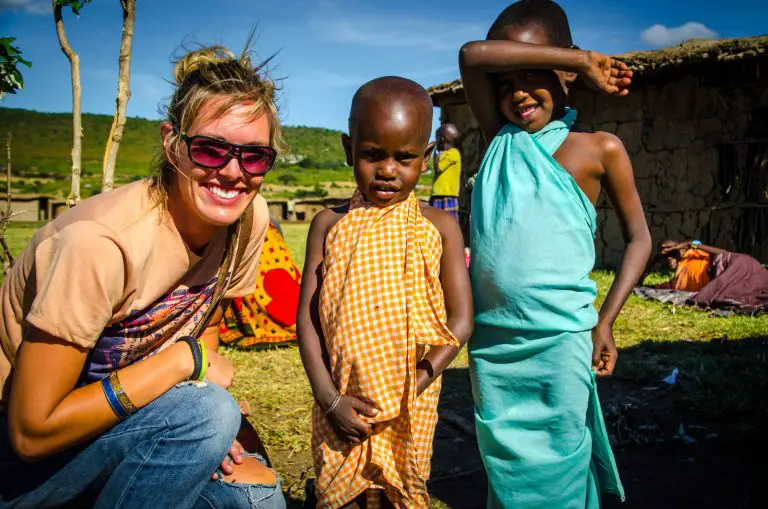
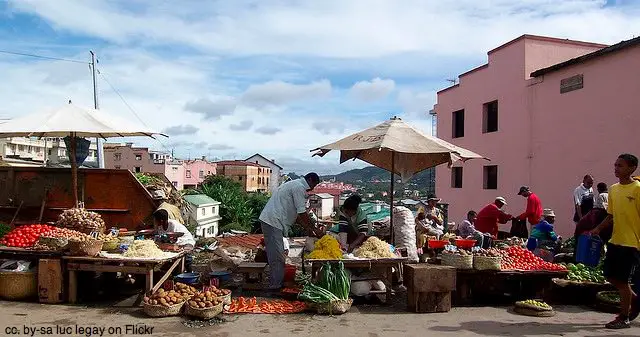
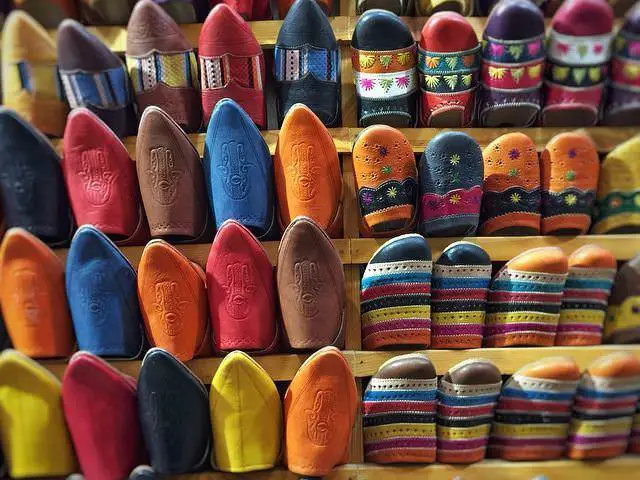
Really interesting point about turning off your GPS settings, I never thought of that and it just goes to show how sophisticated the poachers are. Is it true park fees will go towards conservation? forgive the sceptic in me, but I guess I always just presumed that was probably advertised, but not always the reality